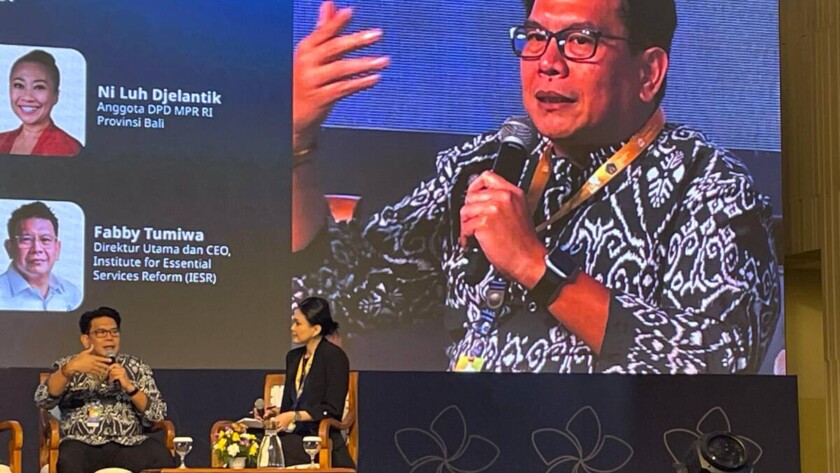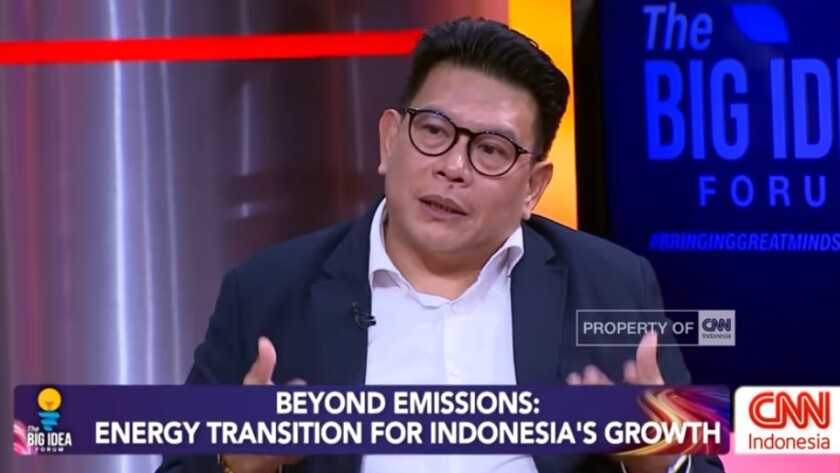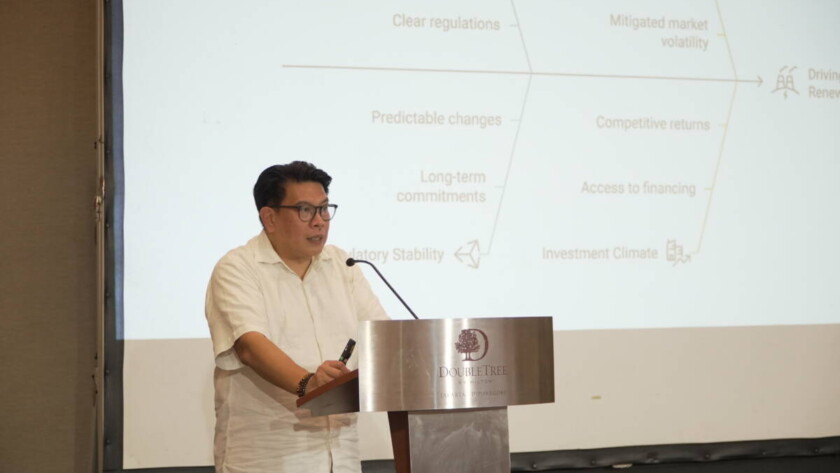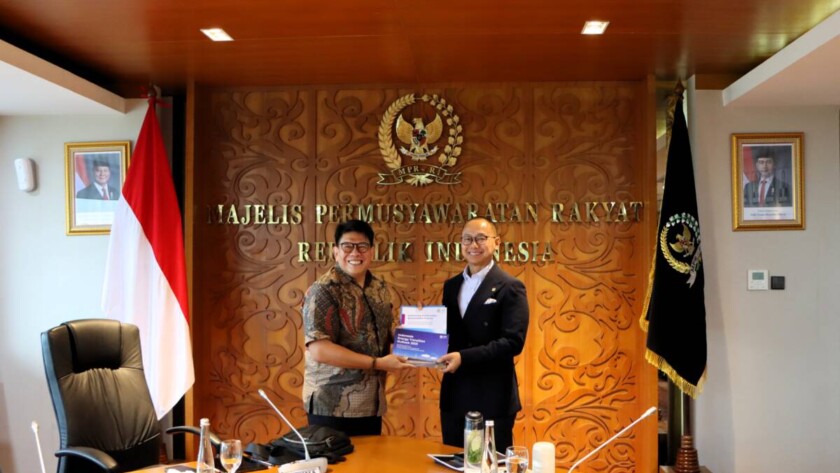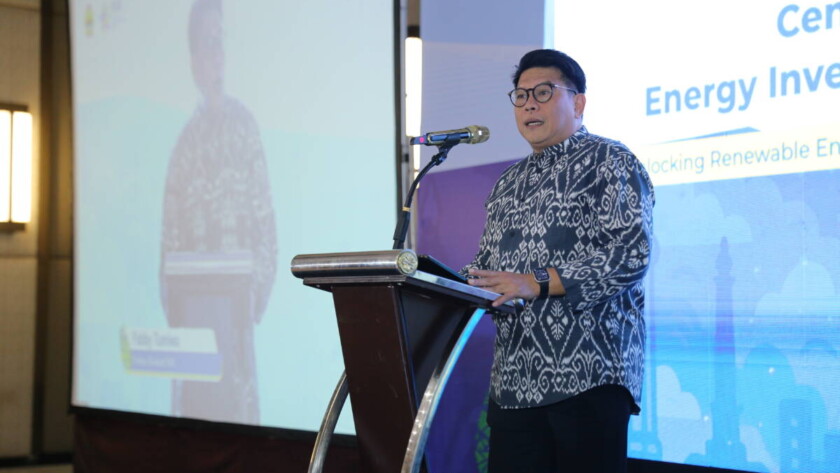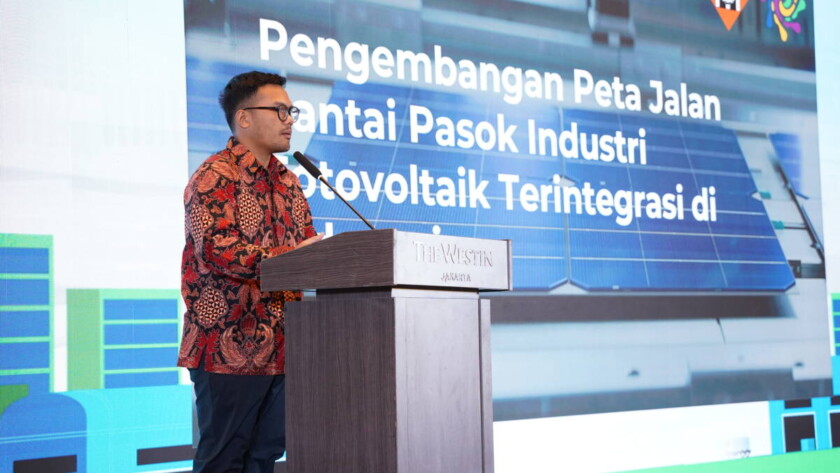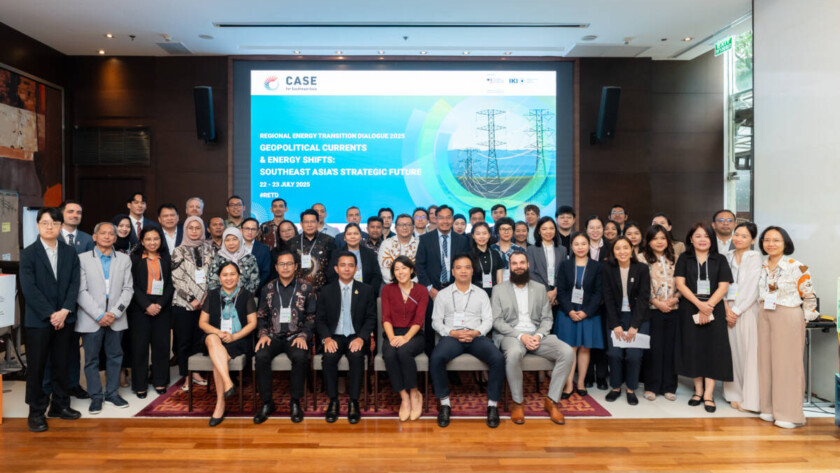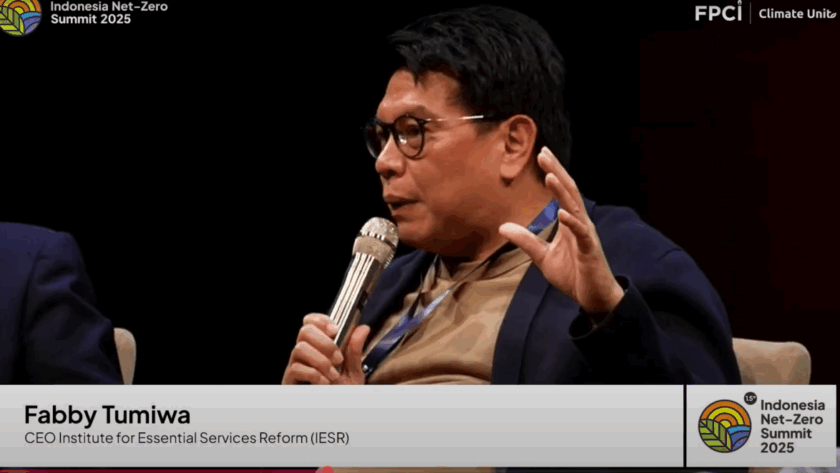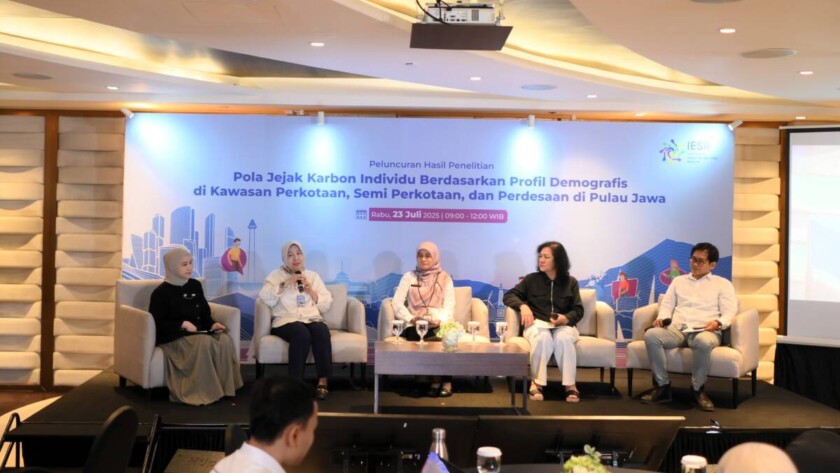Jakarta, August 22, 2025 - Indonesia is committed to achieving its net-zero emissions target by 2060 or sooner. To do so, economic growth must align with climate commitments. In 2023, the industrial sector contributed 34% of national emissions. At the same time, this sector also drives the economy, contributing 18.9% to the Gross Domestic…


